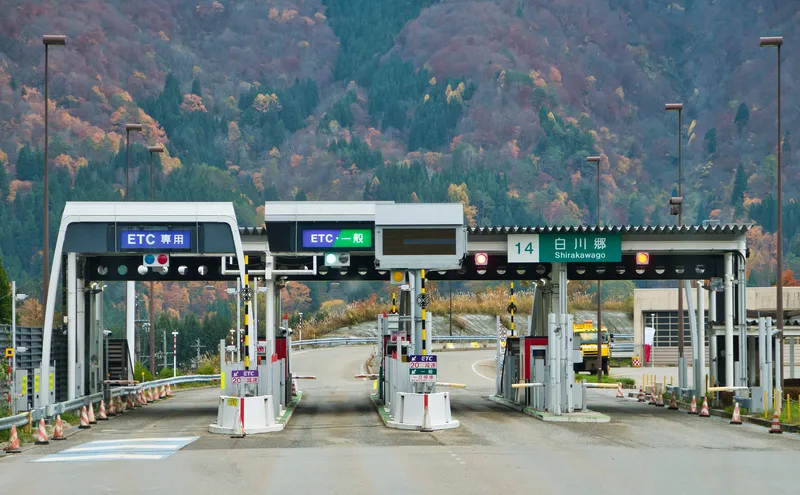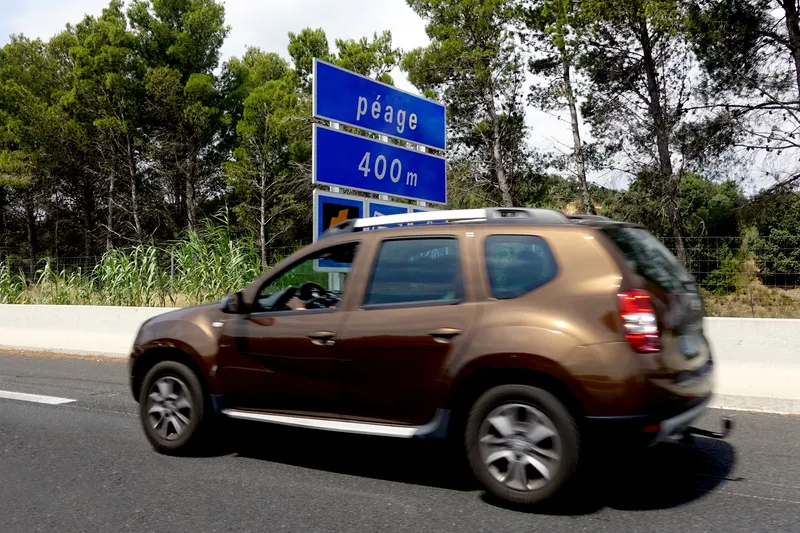
Japan's transport ministry is replacing manned toll collection facilities with an electronic system following outbreaks of coronavirus among toll collectors, according to the Japan Times.
A working group within the Social Infrastructure Development Council is now phasing out manned toll collection facilities on Japan's expressways.
Toll collection booths will be shut down gradually, starting with toll gates with a high usage rate of ETC cards.
Drivers can insert an ETC card into a required in-vehicle device to automatically pay tolls.
The ministry has already set out to automate toll collections on expressways with the ETC system. In 2015, the working group proposed the launch of studies on the full automation of toll collection as a future task.










